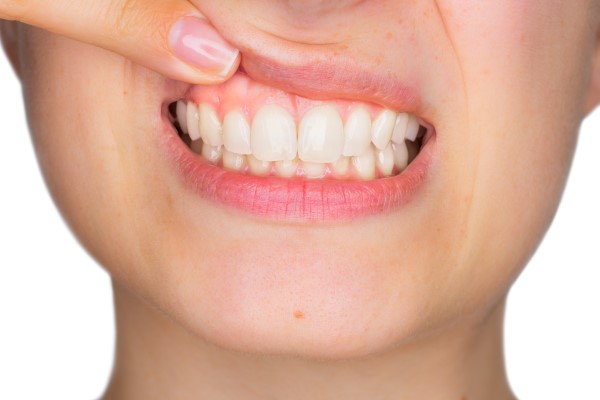Gum disease, also known as periodontal disease, is a prevalent oral health issue that affects millions of people worldwide. This condition ranges from simple gum inflammation (gingivitis) to more severe forms like periodontitis, which can result in tooth loss. Recognizing the common causes of gum disease and visiting a dentist office in San Jose, California, is essential for preventing and managing this condition effectively.
In this blog, we will explore the various factors that contribute to the development of gum disease.
Poor Oral Hygiene
The leading cause of gum disease is poor oral hygiene. In fact, failing to brush and floss regularly allows plaque—a sticky film composed primarily of bacteria—to build up on teeth. Over time, this plaque hardens into tartar (calculus), which can only be removed by a dental professional. The accumulation of plaque and tartar irritates the gums, leading to inflammation and the early stages of gum disease, known as gingivitis.
Tobacco Use
Smoking and the use of other tobacco products significantly increase the risk of developing gum disease. Remember, tobacco not only weakens the immune system, making it harder to fight off infections, but it also reduces blood flow to the gums. This impaired blood flow inhibits healing and makes it easier for bacteria to thrive, exacerbating the progression of gum disease.
Hormonal Changes
Hormonal fluctuations, particularly in women, can influence gum health. In fact, puberty, menstruation, pregnancy, and menopause can all cause increased sensitivity in the gums, making them more susceptible to inflammation and infection. Moreover, pregnant women, in particular, should be vigilant about oral care, as pregnancy gingivitis can develop due to elevated hormone levels.
Genetic Predisposition

Genetics play a role in an individual’s susceptibility to gum disease. If gum disease runs in your family, you may be at a higher risk despite maintaining good oral hygiene practices. While you cannot change your genetic makeup, being aware of your family history can prompt you to take extra precautions and seek regular dental check-ups.
Medical Conditions
Certain medical conditions can increase the likelihood of developing gum disease. Diabetes, for example, impairs the body’s ability to process sugar, leading to high blood sugar levels that can foster bacterial growth in the mouth. In fact, people with diabetes are also more prone to infections, including those affecting the gums. Other conditions like HIV/AIDS and cancer can also compromise the immune system, making it harder to combat gum infections.
Medications
Medications can have side effects that impact oral health. Some drugs reduce saliva production, leading to dry mouth (xerostomia). Remember, saliva plays a crucial role in washing away food particles and neutralizing acids produced by bacteria. A lack of saliva can accelerate the buildup of plaque and increase the risk of gum disease. In addition, certain medications, such as antihypertensives, anticonvulsants, and immunosuppressants, can cause gum overgrowth, making it harder to maintain oral hygiene.
Poor Nutrition
A diet lacking in essential nutrients can weaken the immune system and make it more difficult for the body to fight off infections, including those affecting the gums. In fact, foods high in sugar and refined carbohydrates contribute to plaque formation, while a deficiency in vitamins and minerals—especially vitamin C—can lead to weakened gum tissue and slower healing processes.
Stress
Chronic stress can take a toll on overall health, including oral health. When stressed, the body produces cortisol, a hormone that can interfere with the immune system’s ability to function effectively. This diminished immune response can make it easier for gum disease to develop and progress. Furthermore, stress often leads to neglecting oral hygiene practices, such as brushing and flossing, which exacerbates the problem.
Misaligned Teeth and Dental Appliances
Crowded or misaligned teeth, along with poorly fitting dental appliances like braces, dentures, or bridges, can create areas where plaque and tartar accumulate more easily. These hard-to-reach spots make it challenging to maintain proper oral hygiene, increasing the risk of gum disease.
Conclusion
Gum disease is a multifactorial condition with various contributing factors. Understanding these causes can help individuals take proactive steps to prevent and manage gum disease effectively.
Regular dental check-ups, good oral hygiene practices, a balanced diet, and avoiding tobacco use are crucial measures for maintaining healthy gums. If you suspect you have gum disease, seek advice from a dental professional promptly to prevent further complications.

